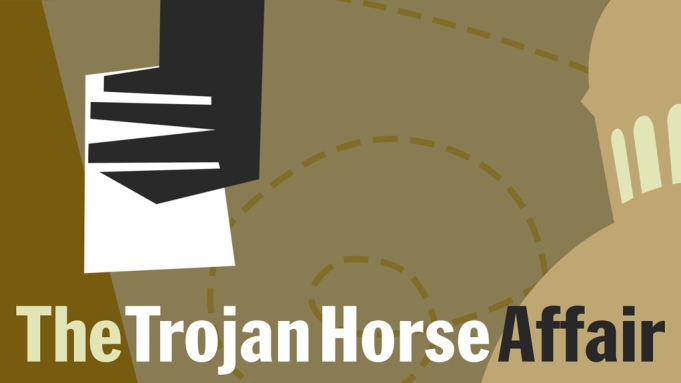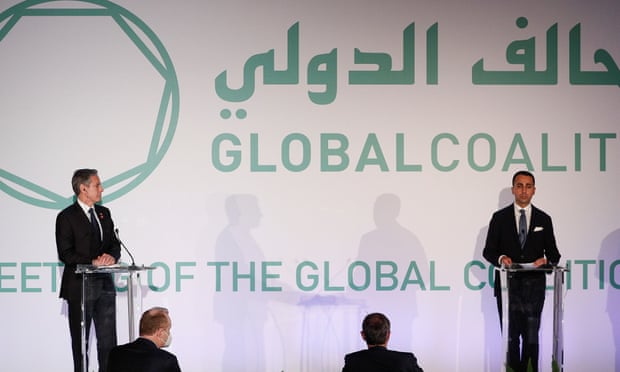The actions of Canadian spies and apparent indifference to the fate of trucker Ahmad El Maati “likely contributed indirectly” to his torture, writes former Supreme Court of Canada justice Frank Iacobucci.
The comments come in a once-secret supplement to Iacobucci’s 2008 report on the overseas imprisonment and torture of El Maati and two other Arab-Canadian men in cases eerily reminiscent to that of Maher Arar. The supplemental report was released after federal objections to its disclosure were “resolved” following more than a year of legal wrangling about whether national security would be harmed.
The report raises new concerns about how, in the post-9/11 era, Canadian Security Intelligence Service officials chucked aside human rights in their zeal to safeguard national security.
El Maati, who said he was repeatedly questioned on what he says were false confessions induced under torture in Syria, had been transferred to Egypt in January 2002 after a two-month detention in Syria. El Maati says he bears the physical and psychological scars of Egyptian interrogations. CSIS admitted to Iacobucci that it was aware of El Maati’s claims of mistreatment in Syria, and considered the possibility that further Canadian questioning could provoke more trouble for him in Egypt.
Lacobucci says there was a hands-off approach to the issue of torture by the anti-terror agencies. El Maati’s plight and that of the two other men – Abdullah Almalki and Muayyed Nureddin – is remarkably similar to that of Arar. Like Arar, the three men, who deny any involvement in terrorism, were all abused in Syrian prisons. The three men are now suing the Canadian government. The federal Conservative government settled with Arar for $10.5 million in compensation. But it has yet to apologize to the other three.






